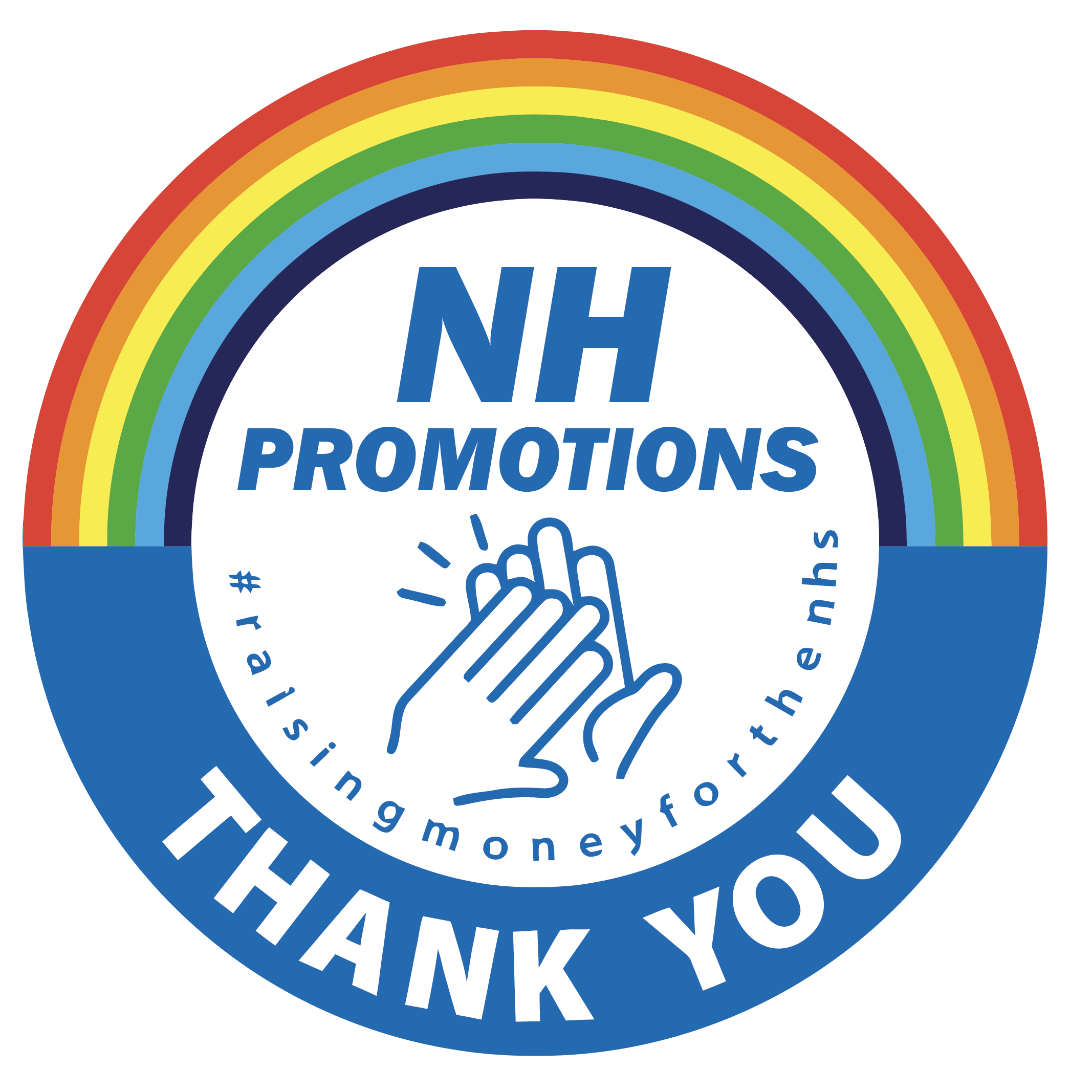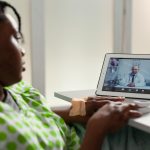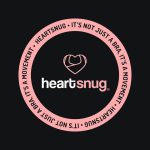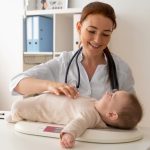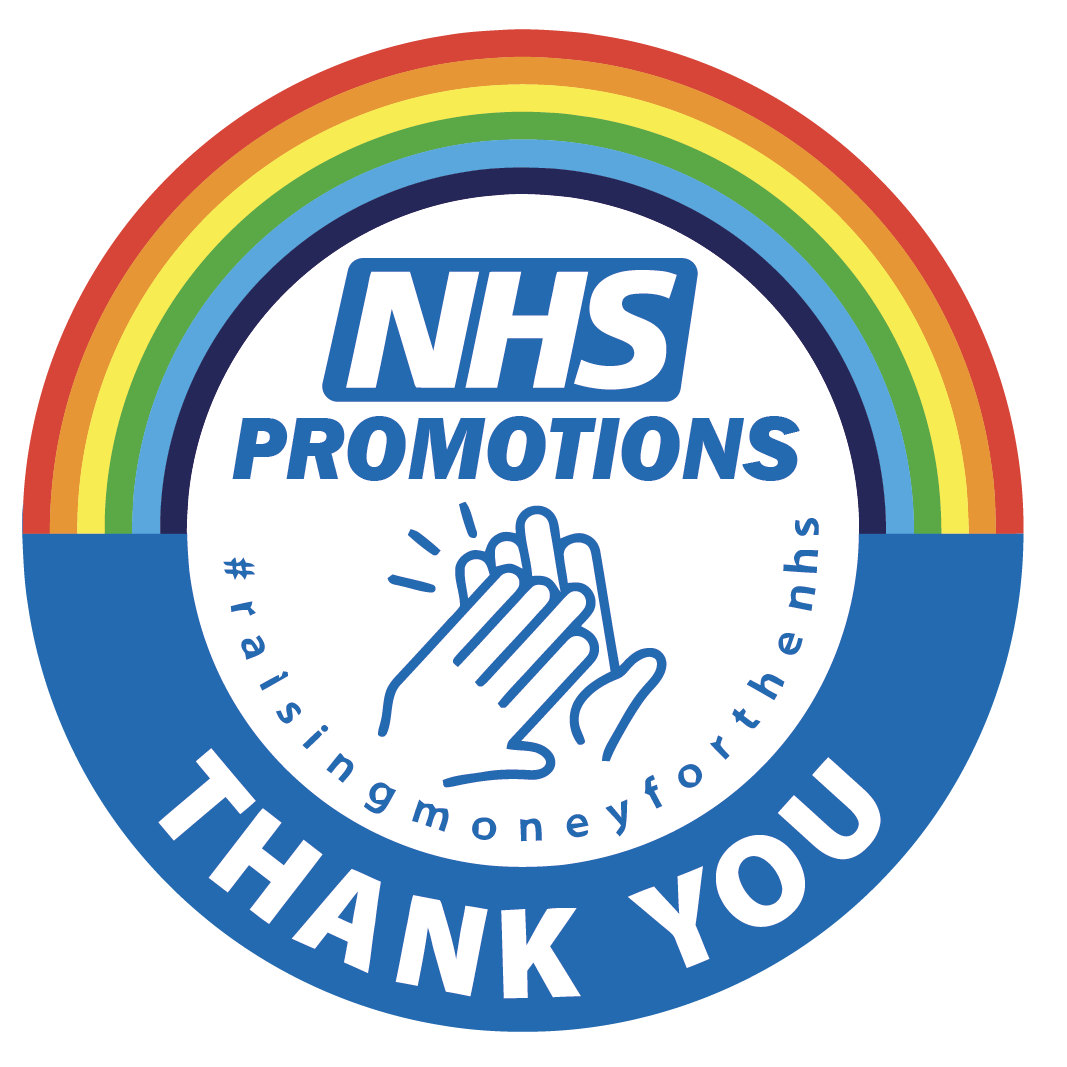Caitlin Tanner: Overcoming Challenges
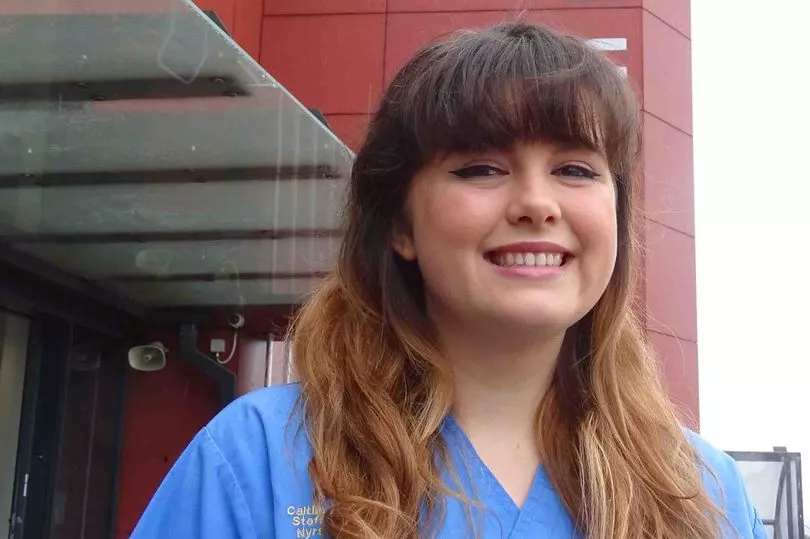
“I would get home from 12-hour shifts and go straight to bed, falling asleep immediately. I don’t think anyone realizes how much energy and focus it takes out of you when you have no natural hearing.”
These are the words of Caitlin Tanner, a 25-year-old nurse born profoundly deaf who relies heavily on lip-reading to communicate. When the pandemic began, Caitlin had just started her career at Morriston Intensive Therapy Unit (ITU). The mandatory face masks posed a significant challenge for her, as they obscured her ability to lip-read.
Unable to lip-read her colleagues due to their PPE, Caitlin had to ask them to speak louder and more clearly to understand their instructions. “It was an emergency situation because we had no idea what was coming. I had to tell my managers that I didn’t know how I was going to cope because everyone was wearing masks,” she said. “I was exhausted at the end of every shift, trying hard to listen, focus on what people were saying, and care for my patients, which was obviously the priority.”
Life with Profound Deafness
Caitlin was born with bilateral profound deafness, but her condition was not diagnosed until she was about four years old. Completely deaf in her left ear, she wore a hearing aid until she had cochlear implant surgery at 17. This surgery, which occurred during her A-levels, required her to endure a month of complete silence as she recovered.
“I had cochlear implant surgery when I was 17, in the middle of my A-levels. It meant a whole month of not hearing because, during recovery, you can’t have any volume or sound at all,” she explained. “If I took my implants out, I wouldn’t be able to hear anything. Cochlear implants take away the natural sound in your hearing. But the change from having one hearing aid to two cochlear implants has been amazing. If I know somebody’s voice, I can pick out what they are saying.”
Despite these improvements, Caitlin still relies on lip-reading and other assistive devices like radio aids for university lectures. Her experience being cared for by doctors and nurses following her surgery inspired her to pursue a career in healthcare. After completing her A-levels and earning a first-class degree in adult nursing, Caitlin worked full-time as a nurse during the pandemic, completed her master’s, and successfully applied for a PhD.
Navigating the Pandemic and Beyond
Caitlin primarily relies on lip reading, but without it, she has to depend on the sound of voices. “They would have to speak clearly, speak a bit louder, so I can listen to them,” she said. “It was difficult when you’re new in a place and don’t want to get off on the wrong foot. But I saw a massive shift in the way they communicated with me. It improved one hundred per cent.”
Her doctorate focuses on the experiences of deaf nurses in the UK. She recently led an initiative to improve the care of hospital patients with hearing aids or cochlear implants, which will be trialed in ITU at Morriston and potentially across other hospitals in Swansea.
“From reading the literature, I found there is inadvertently some discrimination and biases towards deaf people entering healthcare. Many think, if you can’t hear, how can you look after a patient? My research will explore how we can support these nurses to ensure they can safely enter healthcare,” Caitlin explained.
Innovations and Future Aspirations
Caitlin recently finished her role in ICU after three and a half years to focus on her doctorate, though she continues nursing through bank shifts. She has used her experience to design a deaf care plan for patients with hearing aids or cochlear implants, which she presented at an innovation meeting in the intensive care unit.
“In university, we don’t get taught about hearing aids or cochlear implants,” Caitlin said. “The feedback I got from the meeting was that many nurses might have to ask the doctors, ‘How do we change the batteries? How do we do this or that?’ A lot of education is needed. Communication with deaf patients is crucial, especially in ITU. The care plan is a guide that staff can use to look after them.”
Although Caitlin has no specific long-term career plans, she sees herself eventually moving into lecturing or clinical research.
Caitlin’s contributions have been recognized, as she won Learner of the Year in the health board’s 2022 LOV Awards. Her dedication and innovative spirit continue to inspire and pave the way for improved care for deaf patients and healthcare professionals alike.

